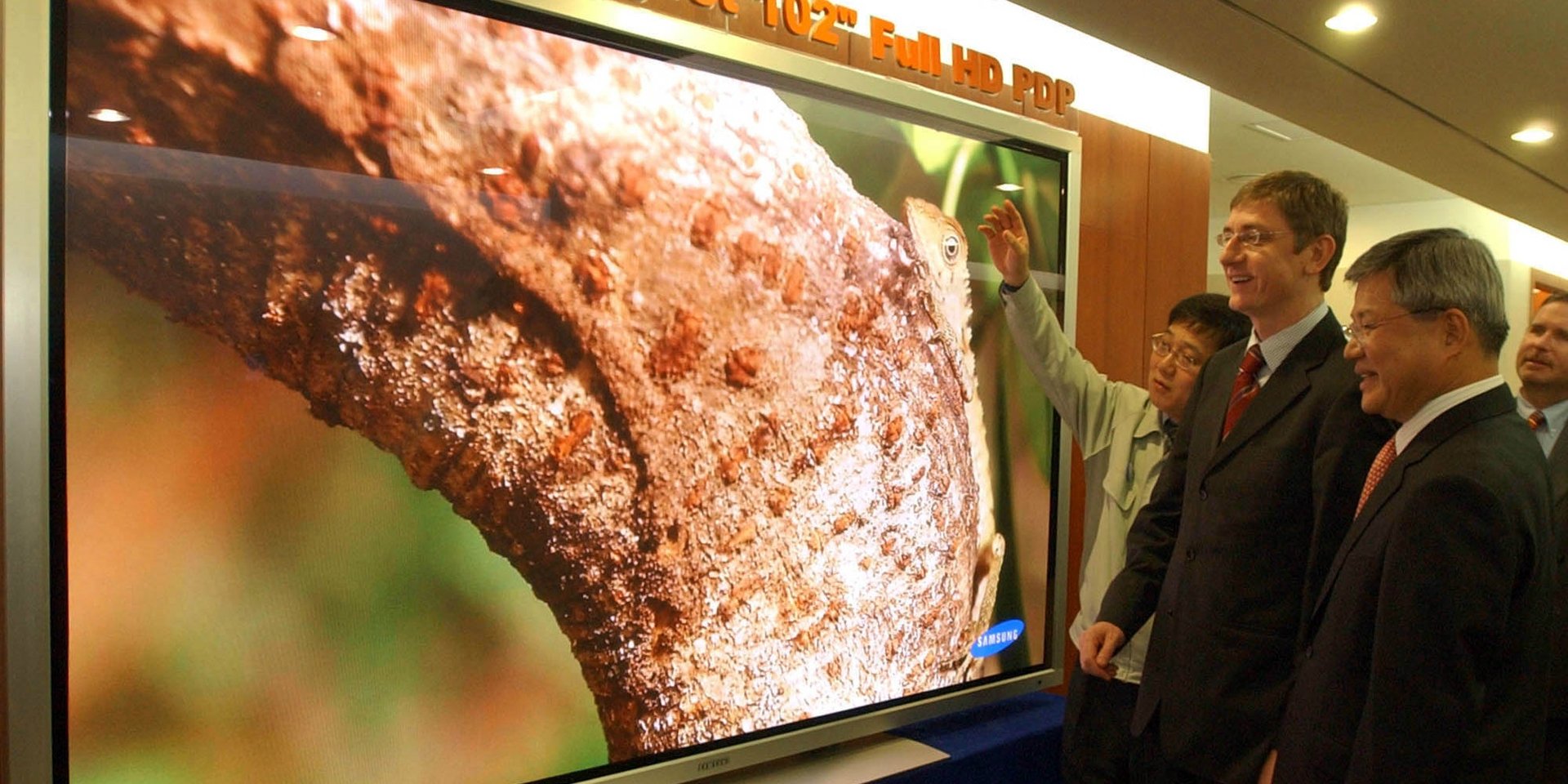Samsung had a special department dedicated to finding new businesses, and it just closed
An internal team dedicated to developing new businesses for Samsung was disbanded on Monday after failing to come up with a new cash cow for South Korea’s sprawling conglomerate.


An internal team dedicated to developing new businesses for Samsung was disbanded on Monday after failing to come up with a new cash cow for South Korea’s sprawling conglomerate.
Samsung is best known in the West for its electronics, especially its market-leading Android smartphones, but it is also in a dizzying number of businesses, including ship-building, life insurance, theme parks, textiles, retail, and construction. Finding new venues for growth, however, has proven difficult.
The company announced with great fanfare in 2010 that it would invest 23.3 trillion won ($20.4 billion) to develop five new businesses: electric vehicle batteries, solar cells, medical equipment, biologics, and LEDs. One of the company’s best regarded executives—Samsung Electronics Vice Chairman Kim Soon-taek, famed for saving the company’s display business—was put in charge of the department, known as the Strategic Planning Office.
But according to the Korea Herald, Kim is now leaving Samsung and the team’s executive staff are being dispersed throughout the company after the group failed to produce “tangible results.” Samsung disputed the account, saying the team had “fulfilled its duties for laying the groundwork for five new projects.” The company refused to disclose how much of the 23 trillion won had been spent, saying: “a plan is just a plan. It can change depending on circumstances.”
The Strategic Planning Office has a checkered history at Samsung—it was at the center of a scandal in 2008, when it emerged that the company was using it as a slush fund to bribe government officials. Samsung Chairman Lee Kun-hee was eventually indicted for tax evasion. There was no apparent scandal this time around, but that is unlikely to cheer up Samsung investors who want to know where the company’s growth will come from now.